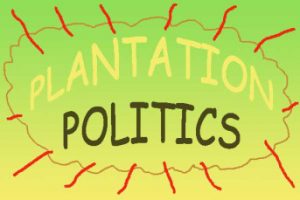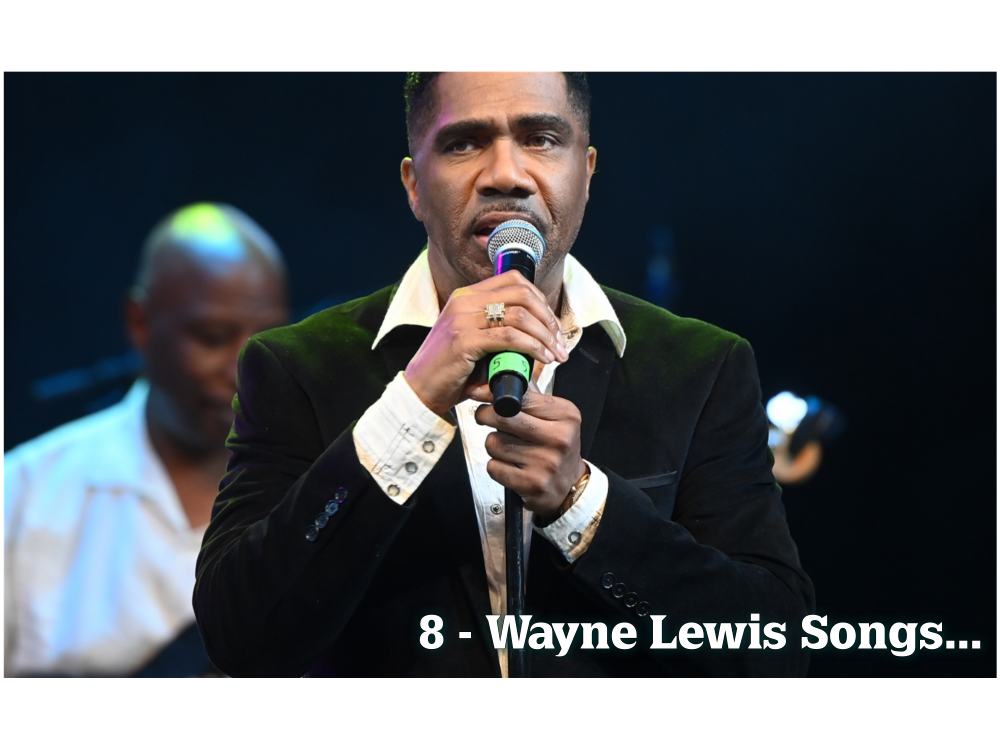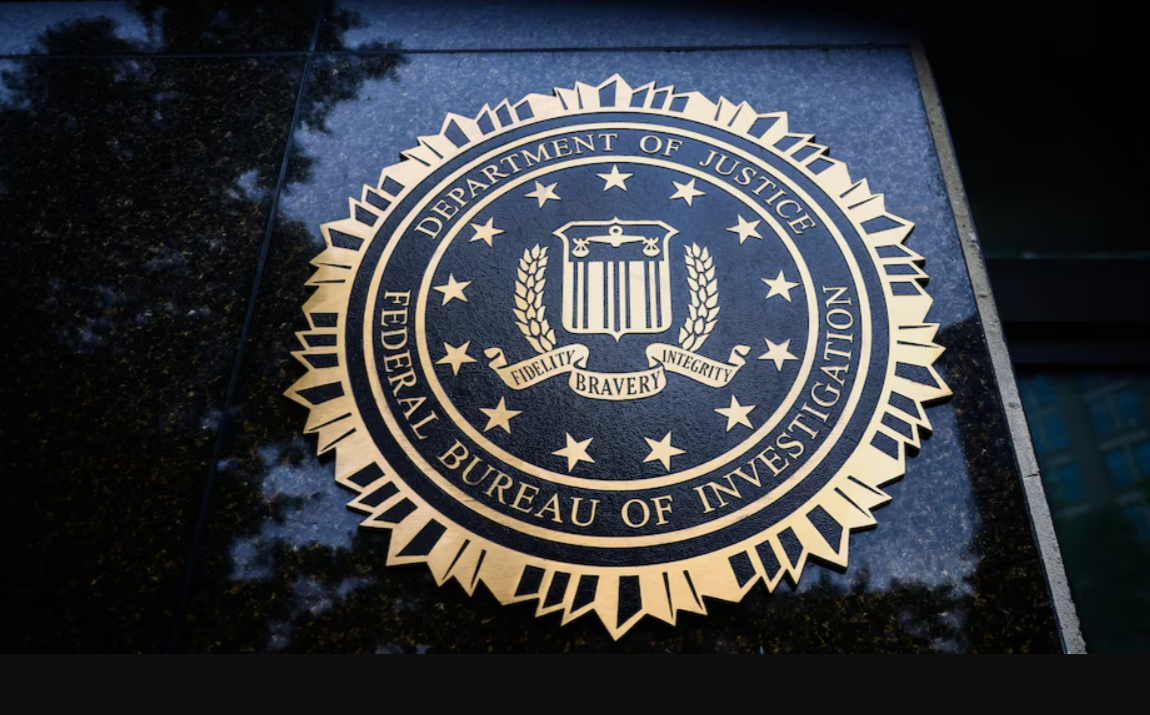(ThyBlackMan.com) Here’s a secret the white establishment will never tell you in the public: So-called American Negroes who attack and disparage their own, in order to seek social, political or economic favor, are regarded as nothing more than tools to be wielded by their handlers. By default, Blacks who eagerly disgrace themselves, out of hunger for a perceived benefit by doing so, have automatically disqualified themselves from such benefits, both morally and ethically. Not only because they have sold their souls for so cheap a price, but also because power does not respect what it bends, Black public figures claiming leadership, at the expense of truth, will never be respected by those to whom they have submitted and compromised their principles.
It doesn’t take much of an imagination to understand the competitive nature of human beings when faced with scarcity. When access to the mechanisms for survival are at stake, and cynically regulated by external forces, the once proud and principled may now find themselves reduced to the status of a beggar, and the once faithful public servant, pimped out like a political prostitute, will ultimately find himself with neither friend nor helper.
With that said, part of white elite’s century’s long war on Black self-determination, Black liberation, and Black personhood, has been a deliberate effort to create the non-threatening and defeated Black male image as a balm to placate white fears. Today, white Amer ica’s “approved” image of the Black man continues to be the docile, obedient and emasculated caricature of a faithful retainer and longsuffering plantation loyalist.
ica’s “approved” image of the Black man continues to be the docile, obedient and emasculated caricature of a faithful retainer and longsuffering plantation loyalist.
Such unrealistic, “Gone With the Wind,” interpretations of Black personhood are not only an insult to the memory of our enslaved ancestors, but also an assault upon the legacy of the Black struggle in the United States. Should those who endured the terror of lynching, the humiliation of economic exploitation and the intentional undermining of Black progress now become deferential to the white liberal, as they once were to the white conservative? Emphatically no!
Although the end of Black enslavement allegedly came with the December 6, 1865 ratification of the 13th Amendment to the US Constitution, 151 years later, among both the Jews and the Gentiles of the white elite, a mentality of proprietorship still exists regarding the lives of Black people in American politics. While this is perhaps understandable, that the white elite prefer to not lose the power they have gained as masters over the land they conquered, what is indeed unfortunate is the eager willingness of some in Black leadership to collaborate as plantation politicians.
Trauma and the of conditioning Black leaders
Defined as a noun, trauma means: “a deeply distressing or disturbing experience.” Within this context, many examples of extreme trauma against Black Americans have been officially documented by historians and/or passed on as oral histories among Black families. As a society’s culture is subsequently shaped by geographic, social and psychological factors, the behaviors and interactions of a people among themselves and others is likewise influenced by the same.
Taking into account the 300 plus years history related to coercive motivation, or motivation by fear, on plantations, underground mines, and the slave breeding-farms of pre-Civil War America, life for millions of enslaved Black men, women and children was to toil under the systematic horrors of violence and terror on a daily basis. An environment where Blacks were legislatively reduced to the status of beasts of the field, the lash, sexual violence and the destruction of the family unit were all used as tools for control. Particularly in the wake of the Haitian Revolution between 1791 and 1804, that gave birth to the world’s first Black republic, the means and methods of suppressing Black resistance became more creative and brutal.
For enslaved American Blacks, the social contract in the United States demanded absolute obedience, recognition of the “inherent superiority of whites,” or death and other punitive measures as the consequence for refusing to comply. On the other hand, for Whites, the rule was for Blacks to obey them without question and to recognize the inherent inferiority of their “less than fully human chattel,” who had no legal or political rights whatsoever.
After the Compromise of February 26, 1877, which ended the deadlock between Samuel J. Tilden and Rutherford B. Hayes in the disputed 1876 elections for the US presidency, federal troops occupying southern states were removed and the protections previously afforded the formerly enslaved Black populations were withdrawn. Opening the doors to a second wave of terrorism, rape, lynching and murder, Blacks were driven from political office, imprisoned in large numbers and returned to the plantations as share-croppers relegated to peonage by racism and heavily weighted state’s rights legislation.
As the 19th century gave way to the 20th century, the psychology of fear continued to afflict America’s Black populace as many fled north and west seeking refuge. Only to find the cruelty of the white Southerner replaced by the exploitation and deception of the white Northerner, the new social contract of go-along-to-get-along politics and non-economic liberalism, as established and advocated by the white founders of the NAACP, other philanthropic whites and the federal government itself, began to dismantle the concept of industry, entrepreneurship, land ownership and nationhood among the Black masses.
Today, like in slavery and Jim Crow yesterday, strong and unapologetic Black leadership is once again feared, condemned and dismissed, and like the house Negro seeking to secure a more comfortable position within the established order, or Judas and his 30 pieces of silver, there is no depth to which the plantation politician will not stoop to seek nearness, favor, and recognition by his modern handlers. Instead of hoping for a good master to inherit the plantation, over a bad master that inherits the plantation, Black leadership must now recognize that day of nation building has arrived and that era of plantation politics is over.
Staff Writer; William P. Muhammad
Official website; http://www.wisdomhouseonline.com

















I respectfully disagree. I do not use the term “African-American” because I do not define myself to a land mass defined by white people: Amerigo Vespucci, the white man of the Western Himisphere was named, and Scipio Africanus, the white man of who the African Continent was named. Just because the white man defines Black as a negative connotation does not make it so. I embrace Black, because BLACK is the essence from which ALL color comes. As such, the Black man is the Original Man,(ho has no beginning nor ending) that the “races” (which have beginnings and endings) come from him. By the way, look up Black in the Arab dictionary: In the Arab dictionary, Black means the epitomy of purity. That is why in Saudi Arabia and Iran the women wear Black (it represents the essence of purity and righteousness. It is only in Western culture where it means something negative. Think about it. It’s time to reclaim our own.
What’s sad is that we African Americans are still calling ourselves BLACK because Caucasian oppressors called us that to contrast their color and to assign to us all the negative things BLACK is equated with in the dictionary. The fact is, like it or not and believe it or not, YOU ARE BROWN and your car tires are black. You can say black is a culture but when they deal with you, they deal with you based on it’s definition – dismal, gloomy, dark, diabolical, treacherous, devoid of light. WAKE UP AFRICAN AMERICANS. We do not call the Asian yellow man because he would not stand for it. We do not call the Native American a red man because he would not stand for it. We do not call the Hispanic man a brown man because he would not stand for it. And many Africans, Haitians and Jamaicans do not accept being called a color they know they are NOT.
Ironically, African Americans are the only ethnic group/race on the planet which allows ourselves to be called a color we are not, allowing ourselves to be defined by color, by someone else and to allow ourselves to be attached to a color we are not – a color they filled with negative denotations. Then we fight to help keep the lie in place. Is it any wonder that cops treat us as BLACK people by the definition of dismal, gloomy, treacherous, evil etc? We will never rise and overcome as a people if we allow other groups to define us, to define us with a lie and we are sadly willing to help them. AFRICAN AMERICAN LIVES MATTER PEOPLE. Black is the color of my car tires, not my skin. I am a family and relationship counselor who specializes in deprogramming African Americans from slavery mindsets.